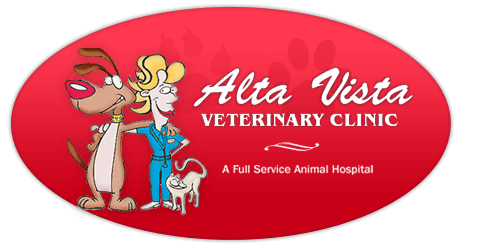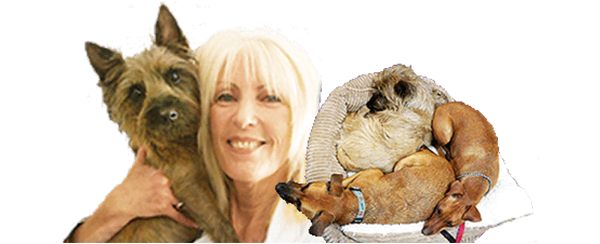What Causes Cat Drooling? What Should You Do If Your Cat Does This?
Has your feline friend started drooling? Are you worried they may be sick?
Cat drooling is a common behavior and doesn't always mean your cat's health is at risk. However, the issue may occur due to a health problem. When you know more about the causes of cat salivating, you can easily take the right action for your feline friend's care.
Normal Instances Where a Cat May Dribble
You don’t always have to worry all the time if you see a cat drooling. Learn about some common times this might occur.
Traveling
Vehicle motion and fear may make the cat drool. Familiarize the feline with the basket and car a few days before traveling. Consider placing the carrier down on the traveling day so they don't see the movement. Also, avoid using winding roads and withhold food.
Feeling Happy
When a cat is relaxed or content, it'll knead on blankets or the lap, which may cause drooling. These pets like kneading their mother's teats while feeding to encourage milk flow, so when this happens later, this could mean they anticipate food.
However, if your feline friend constantly drools and they have other symptoms, you may need to act fast. They might have a health condition and need treatment.
Medical Reasons That Cause Cat Drooling
Whenever a cat has a mouth problem that's causes pain or irritation, it may drool. Their bodies produce additional saliva to soothe the throat and mouth and eliminate irritants. Other health issues may cause drooling, so keep reading to learn more.
Dental Disease
Older felines are likely to have some form of dental problem. If your feline has a dental condition like periodontal disease or a condition that affects its tongue, gums, or top part of the mouth, it may drool. These issues are more common in older cats, who may eat less or have smelly breath. Sometimes, they groom less or get withdrawn because of the chronic pain.
Foreign Item
Cats like to move around the yard and can bite on various things. If an object like a plant or stick gets stuck in their teeth or gums, they may drool. The situation can become dire if the object gets stuck in the throat. In such a case, the salivating may be accompanied by swallowing difficulties and face pawing.
Nausea
Each time your furry friend becomes nauseous, this could point to health conditions like liver, kidney, or gastrointestinal disease and toxin ingestion.
Most cancerous conditions and infections that affect the gastrointestinal tract may cause nausea. You may notice signs like diarrhea, vomiting, or abrupt weight loss.
Liver and kidney conditions occur due to toxin accumulation, which causes nausea. Symptoms like vomiting, diarrhea, too much urination and thirst, loss of appetite, and behavioral changes accompany these conditions. Drooling may also occur.
Oral Trauma
You may notice slavering if your furry friend has suffered an oral injury or mouth trauma. Common issues like a puncture or cut, fragmented teeth, and jaw fractures can lead to excessive pain and drooling.
In other cases, trauma can occur due to fish hooks or wooden chips. Also, cats that like to hunt and feed on insects may get stung, resulting in pain, which eventually causes drooling.
Tumors
Tumors in the dental area can affect your feline friend. The tumors usually develop in the dental cavity and cause pain, swallowing challenges, and irritation.
If you realize your furry friend drools a lot and has additional symptoms, bring them to a veterinarian. The vet will diagnose the cause of the constant salivating issue and prescribe proper treatment. At Alta Vista Veterinary Clinic, we can help identify why your cat drools and provide medication. We also treat other conditions affecting pets, so do not hesitate to contact us for more information.








